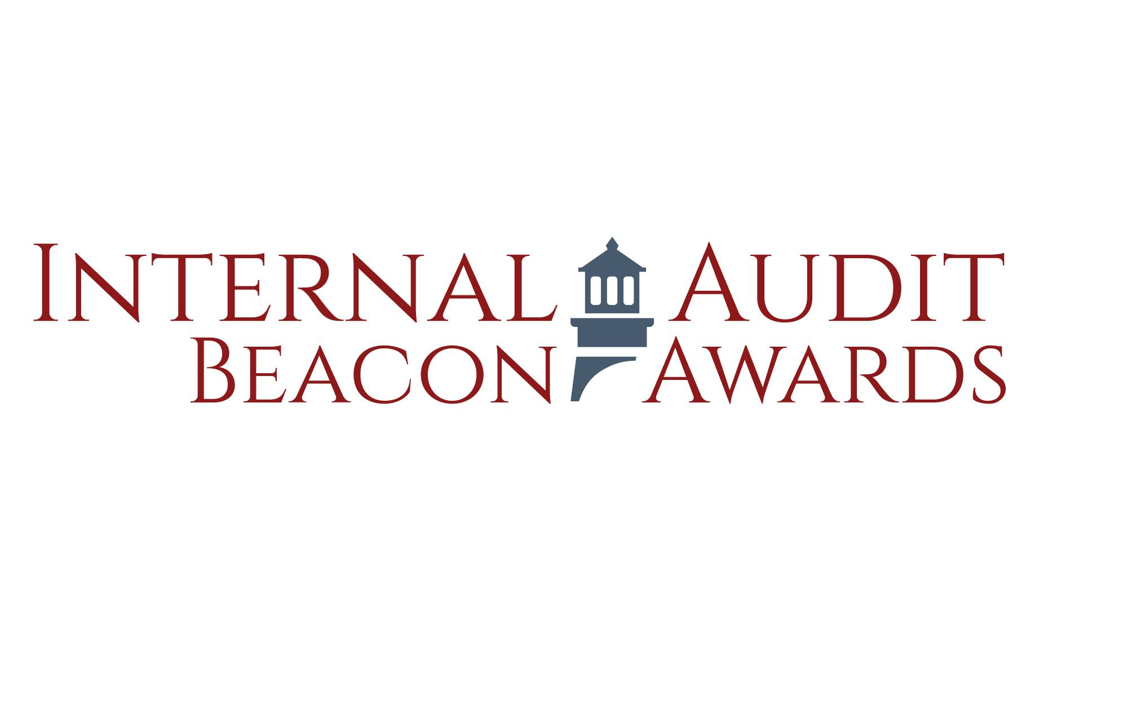
Call for Nominations: Internal Audit Beacon Awards
November 12, 2021
When There is No Internal Audit – Investors Should Run!
November 22, 2021From time to time, I hear of ideas for “improving” the auditing profession. Some are pretty good, but others catch me totally by surprise and, well, leave me cringing.
That’s the case over a recent interview with the CEO of IIA South Africa in CFO South Africa on the future of audit. In the article, “’Are these the auditors we want?’ asks Julius Mojapelo,” Julius floats two broad proposals for discussion:
- The external audit profession should be organized as a “civil service.”
- There should be greater regulation of the internal audit profession.
Julius is a friend for whom I have great respect. I believe he correctly assesses the scope of the crisis over confidence in capital markets (and, by extension, external auditors) brought on by far too many greedy and unethical corporate business leaders. According to the article, “Julius says South Africa needs a better class of businessperson who believes in conscious capitalism, and a better class of politician with good principles and a commitment to the greater good.” It is hard to argue with that assessment, which often extends beyond the borders of South Africa and includes many so-called “developed economies,” as well.
Knowing Julius, I am confident that his proposals are well-intended, and I respect anyone who brings forward thoughtful ideas to address societal challenges. But, I fear his proposals would not cure the root cause of financial reporting and other fraudulent activities that have brought down some iconic companies in South Africa and other countries in recent years. In fact, I fear his suggestions could create unintended consequences that would make audit even less effective and reliable and lead to further problems.
Here are my thoughts on each of the broad proposals floated in the article:
The (external) audit profession as a “civil service.”
Julius introduces this proposal by saying, “I believe there is a need to reconsider whether assurance should ever be a business.” He continues, “I think the question is whether they should be a business, or a civil service.” According to the article, Julius “stresses that he views civil service as less about being employed by the public sector than as a mindset.”
The idea is intriguing, but flawed. It appears predicated on the notion that auditors are too easily swayed by profits and should be treated differently from the world’s other great professions (medicine, law, engineering, etc). Each of those professions are regulated, but they aren’t typically considered part of a “civil service.” A civil service model for auditors would stifle the flow of talent into the profession, and potentially undermine the intent to enhance audit quality. Having spent 26 years of my career in a civil service role, I am very cognizant of the tendency for bureaucracy to overtake intended missions, and the frustrations that talented civil servants feel over the lack of investment and innovation that too often befalls public agencies.
Instead of a civil service model for the external audit profession, I would advocate stronger government regulation similar to what has proliferated over the past 20 years. Government regulatory bodies, such as the PCAOB in the United States and IRBA in South Africa, have been established/strengthened in countries around the world. Independent establishment of audit standards, inspections of audits, and disciplinary actions over misconduct are more apt to cure any ills than would simply making the auditors civil servants.
I also believe that strong malpractice liability for external audit partners and their firms would better promote higher quality audits than reassigning them to a civil service with a presumable exemption from malpractice.
Regulation of the internal audit profession.
Julius advocates for greater regulation of internal auditors, saying, “There are many organizations where internal audit is still an option, and it’s not being done according to the internal audit standards. To me, internal audit is the one that needs the most improvement at this point.” He supports legislation that would mandate (1) that only “registered” internal auditors be able to sign off on internal audit reports, and (2) the standards to which internal audit work should be performed.
I have long held the position (which I believe is still shared by The IIA) that government regulation of the internal audit profession would be a bad idea. A well-resourced independent internal audit function is a vital component of a company’s system of risk management and controls. The long arm of government has no place regulating how corporate sector management and boards obtain assurance on the effectiveness of risk management and controls. Based on my experience, once the tentacles of government are introduced into the private sector, they tend to become pervasive. There are better ways to enhance the quality of internal audit.
For example, I have long advocated that publicly traded companies be required to have an internal audit function, or explain why they don’t. I would even support provisions by listing exchanges and securities commissions that companies disclose the annual budget for their internal audit function and any changes in the chief audit executive role. I believe that would inform investors on the company’s commitment to independent internal audit assurance.
It is important to remember that The IIA has long been committed to ethical conduct in the profession. The IIA’s Code of Ethics are clear on the responsibilities of internal auditors to be ethical in the execution of their responsibilities – including the provision that internal auditors “shall perform internal audit services in accordance with the International Standards for the Professional Practice of Internal Auditing.” In other words, it is unethical for internal auditors to undertake work that is not in accordance with the Standards.
What is needed is not government-endorsed standards, but greater adherence by the profession to its own Code of Ethics and Standards. The mechanisms are in place to enhance the quality of internal audit. We must embrace them before governments step in. As a profession, I believe we are up to the challenge.
In closing, I want to reemphasize my respect for Julius and his ideas. While I may not agree with his proposed solutions, I respect his right to offer them for discussion and debate. The article closes by noting:
“Julius believes it (promoting a better class of business person) begins with education at school level, and teaching children and youth to be active citizens.
“He supports the Youth Citizen Action Programme (in South Africa), which provides scholars in Grade 6, 7, 9 and 10, in all nine provinces, the opportunity to drive positive social, environmental and academic change while becoming active and responsible citizens.
“Our kids are ready to fix this country,” he says. “They just need a space to do it.”
That is a sentiment with which we can all agree. Thank you, Julius, for supporting such a worthy cause.






I welcome your comments via LinkedIn or Twitter (@rfchambers).